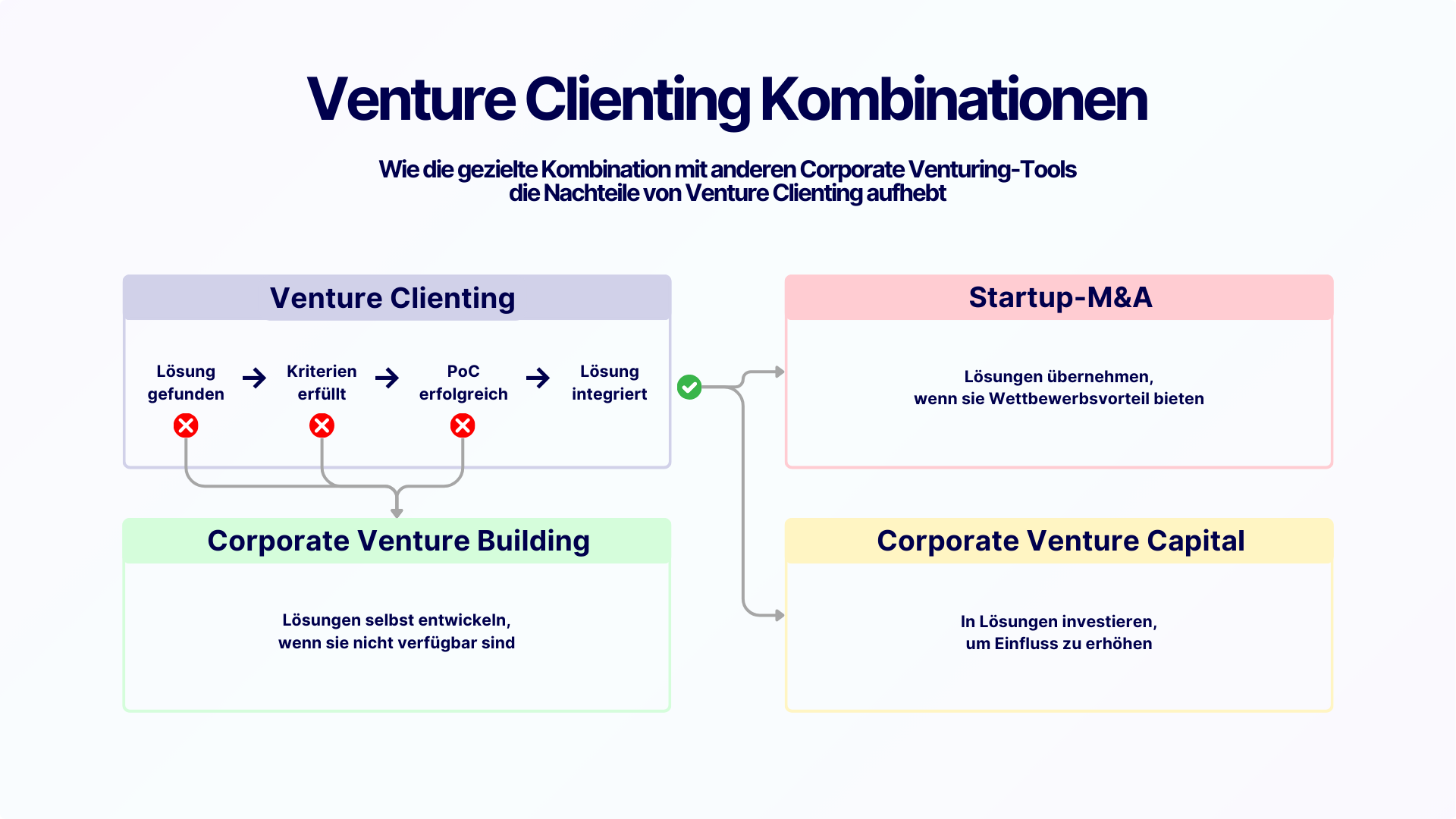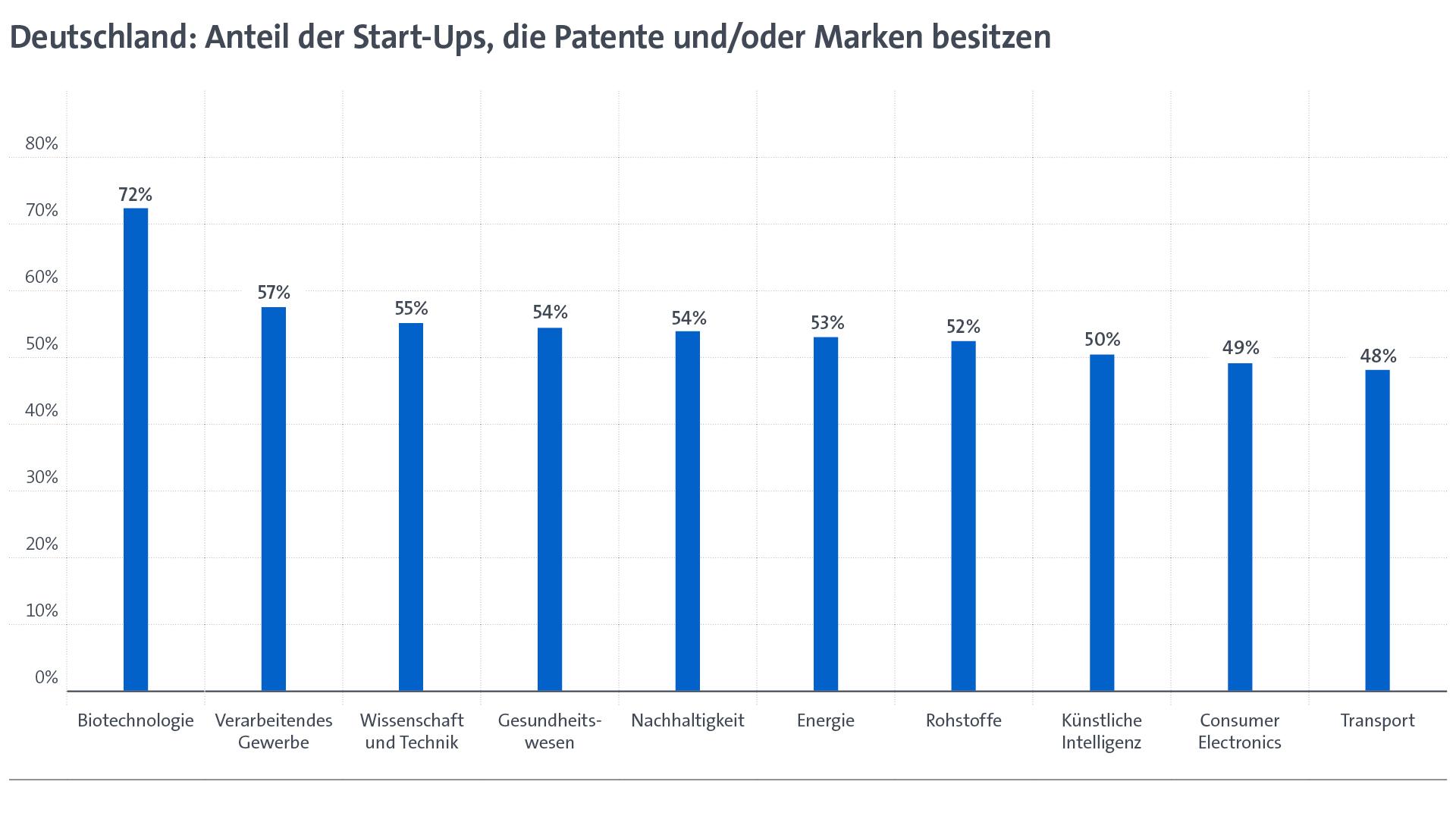What start-ups should keep in mind when it comes to employee shareholdings

ESOPs, VSOPs or rather RSUs? Involving your employees in the company's success is complicated. Here are the best tips.
It could all be so simple. If you work for a start-up, you get the opportunity to acquire shares in the company in addition to your salary. If an exit is imminent or the valuation of the start-up increases, employees would also benefit directly.
However, the whole thing can also backfire, as Klarna employees in Germany recently found out. They had to pay thousands of euros in taxes and duties for their participation program - even though the shares of the fintech were often worth less than the taxes paid after a devaluation anyway, as Finance Forward reported.
The Klarna case makes it clear why founders, but also employees, need to be careful when it comes to employee share ownership schemes in Germany. A look at the various options, advantages and disadvantages as well as the regulatory pitfalls - and a warning: no founder should draw up participation agreements without a lawyer.
What is employee share ownership?
Strictly speaking, there are two forms of employee participation in a company: tangible and intangible. Material means capital or profit sharing. This is usually the case when it comes to employee share ownership. Intangible simply means that founders involve their employees in the decision-making processes of a company.
What is the difference between capital and profit sharing?
Those who share in the company's success receive a bonus in addition to their salary, for example, if the company has had a good financial year. From a legal point of view, this is easy to do and does not require a complex contract.
It only gets complicated when it comes to equity participation. Here, founders have the option of allowing their employees to participate in their company through equity. In other words, they issue shares. This works with a GmbH or a stock corporation, either a European (SE) or a German one. As other legal forms make little sense for start-ups anyway, this article focuses on these forms of corporations.
What are the advantages of employee share ownership?
Daniel Breitinger, responsible for start-ups at the digital association Bitkom, is one of the people in Germany who has been involved with employee share ownership for many years. "Especially when start-ups want to attract experienced employees, they can rarely compete with a DAX company in terms of salary," he says. Employee share ownership is a good way to do this. In his opinion, founders should start thinking about employee share ownership early on.
What are the disadvantages of employee share ownership?
The case of Klarna recently made it very clear what can go wrong. On the one hand, the fintech relied on restricted stock units (RSUs). Start-ups pay out a portion of salaries in shares. However, employees only receive these if they remain with the company for a certain period of time. The moment they are allocated the shares, a tax is incurred - and it can be quite a burden. The amount depends on which tax bracket the employees are in and how much money they could theoretically earn through their shareholding. In many cases, the top tax rate of currently 42 percent is then due for them. "Employee participation in the form of RSUs is widespread abroad, but does not make sense in Germany due to the regulatory requirements," says Breitinger.
Another disadvantage of employee share ownership: There are no standardized procedures in Germany for setting up corresponding contracts. The risk of making a mistake is therefore high - especially if founders want to go through with it without a lawyer.
What does employee participation typically look like?
The most common employee participation scheme is also known as an Employee Stock Option (ESOP). Under this program, employees receive either GmbH shares or shares, depending on the legal form of the start-up they work for. Employees can usually earn the right to this by remaining with the company for many years or achieving certain targets. The advantage of this form of payment is that companies can save on salary and still show their appreciation to their employees.
How exactly do ESOPs work?
Ideally, employees accept an ESOP offer in addition to their salary when they join a new company. The subsequent phase in which they earn these options is called vesting. Once they have completed this phase, they can purchase the shares at the price set at the time. If the start-up has already increased in value over the years, this can be worthwhile. If the company's valuation has fallen, employees can simply let the options expire.
The moment they exercise the option, employees become shareholders in their company, either as shareholders or as partners in a GmbH. If it is a GmbH, the first bureaucratic hurdle is encountered. Only a notary can register them as shareholders. This means that founders who have set up an employee participation program for 50 employees have to take them all to the notary if they want to exercise the option. If the company is a public limited company (AG) or a European Company (SE), there is no need to go to the notary.
Once employees have acquired shares in their company, they also have voting rights. In the case of public limited companies, for example, at the shareholders' meeting. If founders want to prevent this and their start-up is a GmbH, they can agree from the outset that employees can only acquire silent partnerships via the ESOP program.
What are the legal problems with ESOPs?
The biggest problem is dry income. This always arises when employees have to pay tax on their initially only theoretical profit from the participation program. Ideally, they will have acquired company shares at a lower price than they are currently worth. In a way, this difference is the payment to their employer. And it is precisely this so-called non-cash benefit that is subject to income tax, at a top tax rate of 42%. As employees have not received a traditional payment, but on the contrary have spent money on their shareholdings, they have a problem. Income tax is due after twelve years at the latest or when employees change employer.
What are associations demanding from politicians?
The last German government already reacted to the problem and, among other things, increased the tax-free allowance to 1,440 euros per year. But this is not enough for the associations. Christian Miele, President of the Federal Association of German Start-ups, called an initial draft of the Fund Location Act, which was supposed to bring improvements, a complete failure.
Bitkom, for example, is calling for income to only be taxed once employees have sold their shares. In addition, the planned increase in the tax-free amount to 5,000 euros would not be enough to enable start-ups to recruit skilled workers abroad. This is because the relevant legal regulations are significantly less strict there than they are currently in Germany. The association refers to Spain, where the annual tax-free allowance is 50,000 euros.
Nevertheless, the current German government has once again promised improvements, as can be seen from its start-up strategy. However, the scene does not seem to have too high hopes. "Apparently, the coalition partners were only able to agree on a review mandate for the central issue of avoiding so-called dry-income taxation in the event of a change of employer and after twelve years," criticized the start-up association. For an effective improvement, much more is needed than a simple increase in the tax-free allowance.
Can the problems with ESOPs be avoided?
Many start-ups in Germany rely on virtual shareholdings, so-called VSOPs, precisely because of the dry income. In this case, employees do not receive options on real company shares, but on virtual ones. These are usually included free of charge with their salary, so they do not have to buy them from their company. Employees do not become co-owners of the start-up they work for. A contract guarantees them that they will participate in the success of the start-up in certain cases as if they were the owner. This can be the case in the event of an exit, for example.
This rule has several advantages: As employees do not become real co-owners, they are spared the need to go to the notary. They also only have to pay taxes when a payment is actually due. The dry-income problem is therefore eliminated.
However, there are also some disadvantages: As the employees do not become real co-owners, they also have no voting rights, unlike normal company participations. "Although VSOPs can avoid some problems, they are not at all well-known abroad," says Breitinger. "This makes it difficult to attract specialists from other countries." VSOPs could therefore be a good solution for those who are desperately looking for new employees, especially in Germany. However, founders who also want to recruit skilled workers abroad must above all hope for an improvement in the legal framework for ESOPs.

Newsletter
Startups, stories and stats from the German startup ecosystem straight to your inbox. Subscribe with 2 clicks. Noice.
LinkedIn ConnectFYI: English edition available
Hello my friend, have you been stranded on the German edition of Startbase? At least your browser tells us, that you do not speak German - so maybe you would like to switch to the English edition instead?
FYI: Deutsche Edition verfügbar
Hallo mein Freund, du befindest dich auf der Englischen Edition der Startbase und laut deinem Browser sprichst du eigentlich auch Deutsch. Magst du die Sprache wechseln?













